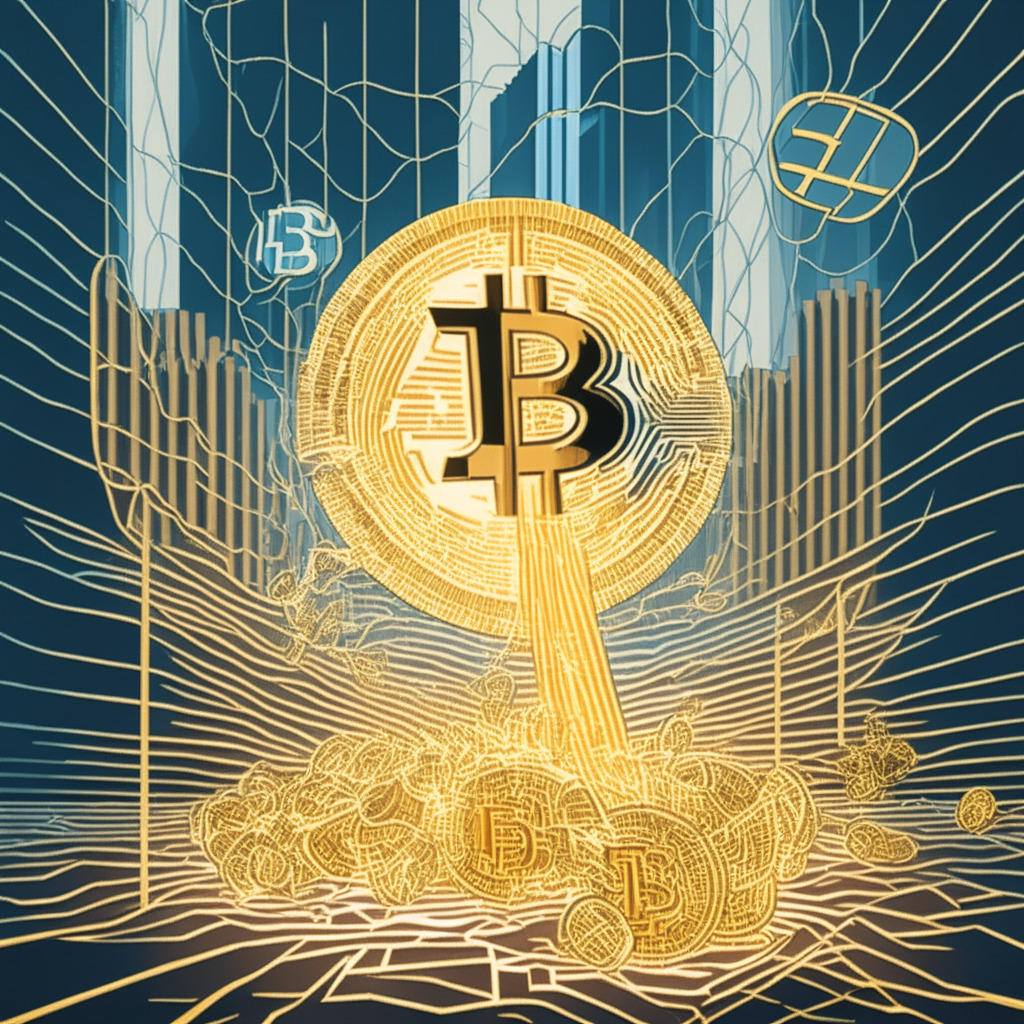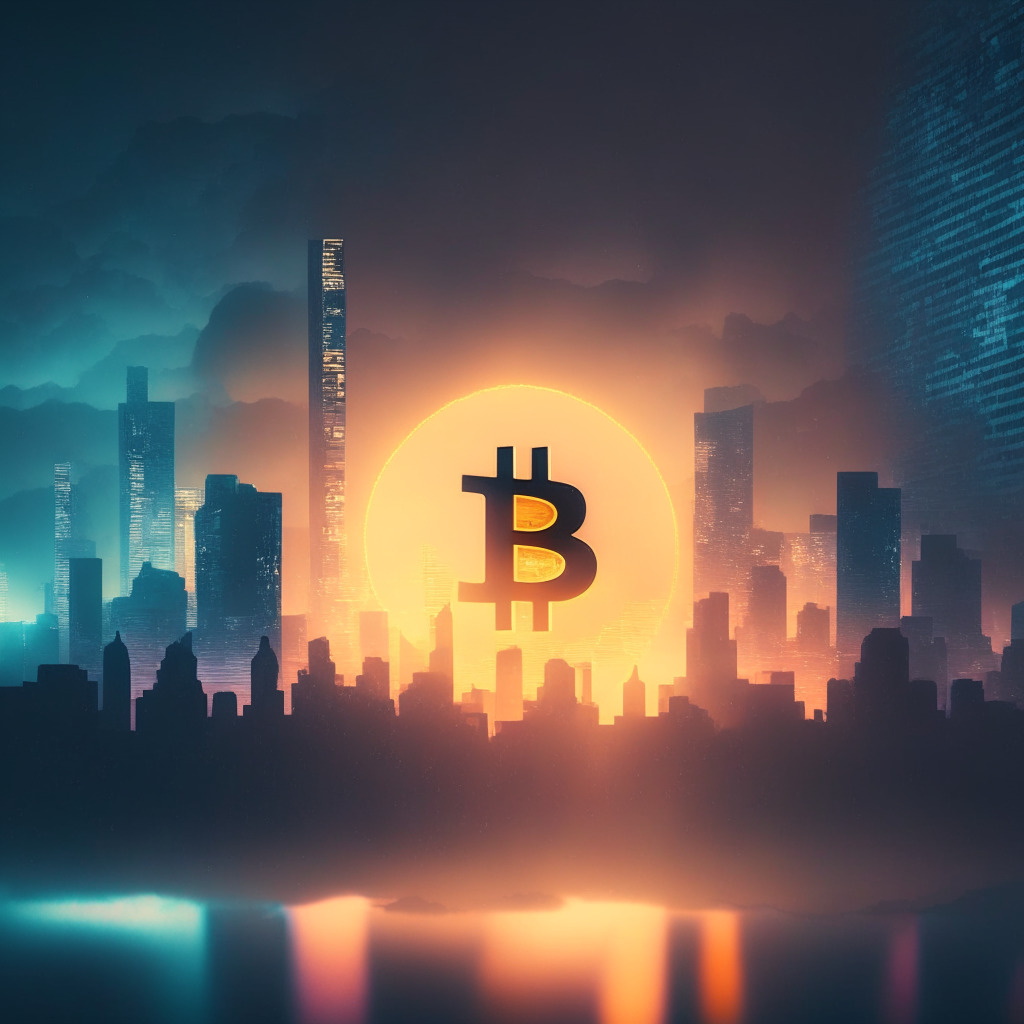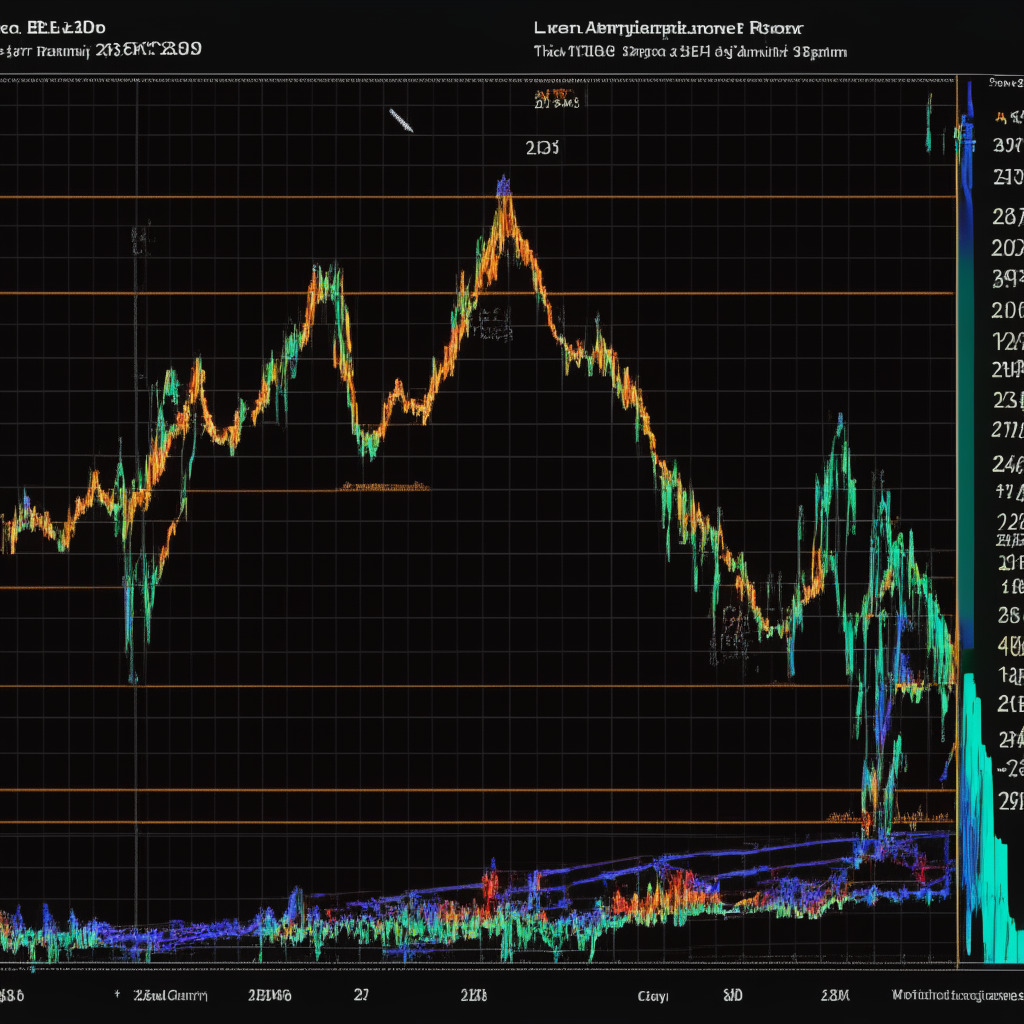In the last 24 hours, over 3 billion SHIB tokens have been sent to dead wallets following a significant surge in the burn rate by an enormous 26,500%, as reported by Shibburn. The intention behind this action is to balance the drop that was observed in the last few days due to minimal burn activity on the SHIB portal. Precisely, the SHIB burn rate decreased by almost 70% last week.
The SHIB token burn feature plays a crucial role in reducing the circulating supply of the digital asset, making it an attraction for HODLer’s when seeking a deflationary cryptocurrency to back. With the previous trend revealed in the SHIB burn rate, it is possible that some whales may eventually leverage it and invest in anticipation of a jump in price in the long run.
The massive burnt token figure was executed by a few unidentified addresses, with one of them being responsible for over 95% of all the SHIB tokens burned. Prior to this immense burn rate, the Shiba Inu community had only burned approximately 1.7 billion tokens in 20 separate transactions.
Last week’s 70% fall in the SHIB burn rate raised concerns among investors about the reasoning behind it. There were suspicions that it might be related to the recent Ethereum (ETH) gas fee surge. If that were the case, the burning process would become more expensive, and this could be a reason why SHIB token holders have refrained from burning their holdings.
Interestingly, Shiba Inu has always had a unique burn mechanism compared to other digital currencies. SHIB developers have displayed commitment towards promoting transactions that increase the total tokens sent to dead wallets. The aim of this strategy is to reduce the volume of SHIB tokens in supply consistently.
At present, the total SHIB supply stands at over 589 trillion, while the circulating supply falls below 575 trillion. However, one must keep in mind that the presented data is subject to market conditions and may represent the personal opinion of the author. It is essential to conduct your market research before investing in cryptocurrencies, as the author or the publication does not hold any responsibility for personal financial loss.
Source: Coingape




